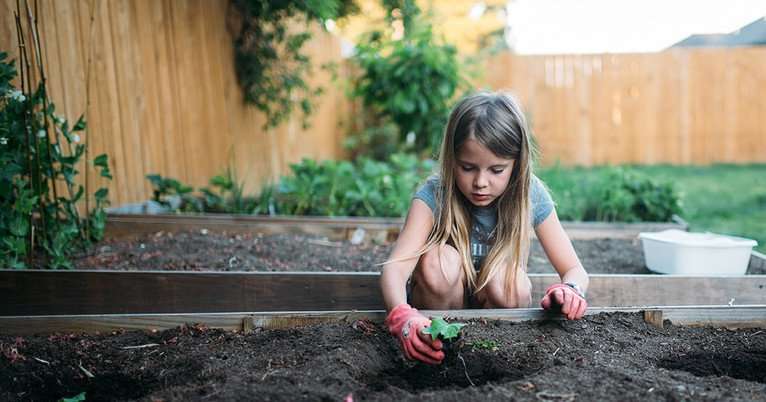Children as young as age 4 express dislike of and are willing to punish those who freeload off the work of other group members, a new Yale University study has found.
But kids also make a clear distinction between those who freeload intentionally and those who have good reasons why they can’t contribute.
“This expectation of cooperation emerges by pre-school and maybe even earlier,” said Yarrow Dunham, assistant professor of psychology and senior author of the paper published in Psychological Science.
Psychologists have long wondered why humans tend to be cooperative and are willing to make sacrifices to sustain cooperation. We pay taxes, stop at red lights, help elderly neighbors — and dislike and are willing to punish those who violate these social norms. Psychologists have debated whether this occurs naturally or arises during socialization.
Dunham and Fan Yang, a Yale postdoc, designed a series of experiments to determine whether the very young — who by definition are not contributing members of a group — share this feeling about freeloaders.
Children from ages 4 to 10 were presented with scenarios in which they had to give up chocolates in order to get a cake or plant seeds in a garden to get tomatoes. All children expressed dislike for those who did not contribute and were even willing to give up stickers to punish them. The youngest subjects exhibited a stronger aversion to free-riders than 9- and 10-year-olds.
However, when a freeloader has a good excuse for not contributing — e.g. her pet ate her chocolate — the aversion was greatly reduced, the researchers report.
“Even young children expect cooperation and are willing to work to sustain it even at cost to themselves,” Dunham said. “I find this very positive. The seeds that sustain cooperation seem to emerge early on, and while as a society we need to sustain and nurture these values, we may not need to instill them in the first place.”

narutopia on July 24th, 2018 at 01:02 UTC »
As a teacher of young children this is extremely obvious in many classic classroom situations. 1 Classic Example: It is clean up time and most children begin to clean up. But 1 child will find another child who is not cleaning up and say, “Charlie’s not cleaning up!” HOWEVER, if the child is hurt or crying during this particular time, you will see children rush to the teacher and say, “Charlie’s crying.”
theTipsyYogi on July 24th, 2018 at 00:40 UTC »
I watched some documentary where they put these preteen boys in a house and just left them there for like a week or something like that. They definitely had this idea about who was pulling their own weight but one boy who wasn't doing anything because he was home sick the eldest boy protected him. I thought it was a cool experiment.
ptword on July 23rd, 2018 at 23:11 UTC »
Goddamn fluffly things...
Kids are deceptively intelligent. For some reason this doesn't appear to be very well-recognized by the general public. But humbleness and innocence can work to kid's disadvantage, unfortunately. I wouldn't be surprised if it is eventually recognized that, in some aspects, these traits of youthness (humbleness and innocence coupled with a strong aptitude for learning and interpersonal bonding) may drive intellectual and/or behavioral regression rather than development. Or not necessarily regression, but underdevelopment.
This is partly how enculturation works, for example. Brainwashing new specimens into normative behavioral patterns. It may also be one of the main roots of manifold dysfunctional behaviors among adults (childhood abuse, trauma, deprivation, etc.). Not really saying anything new, I hope.